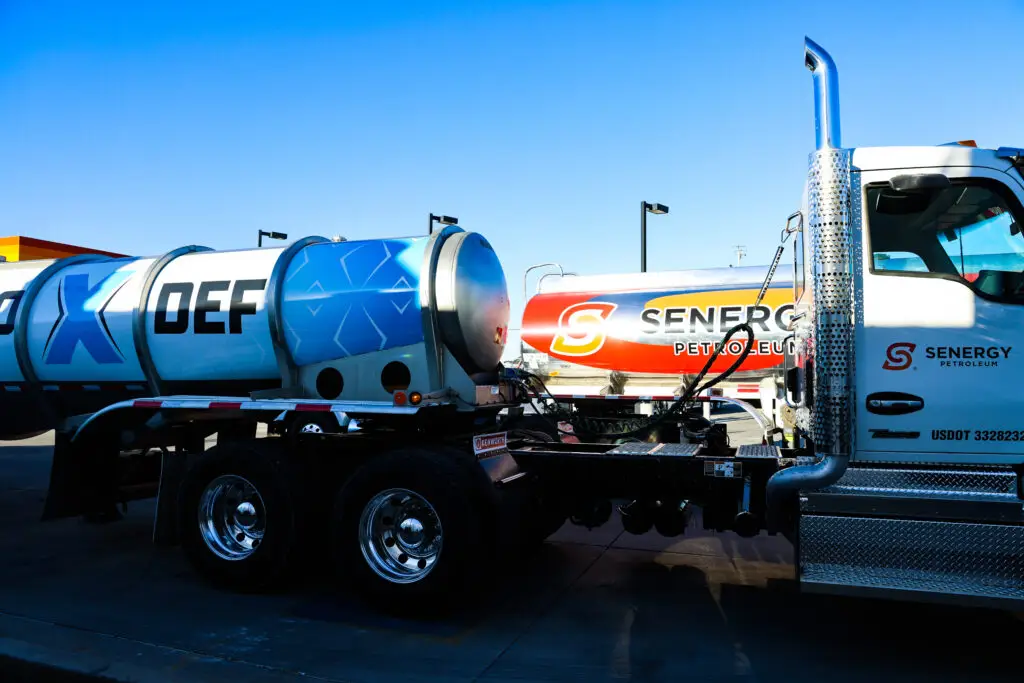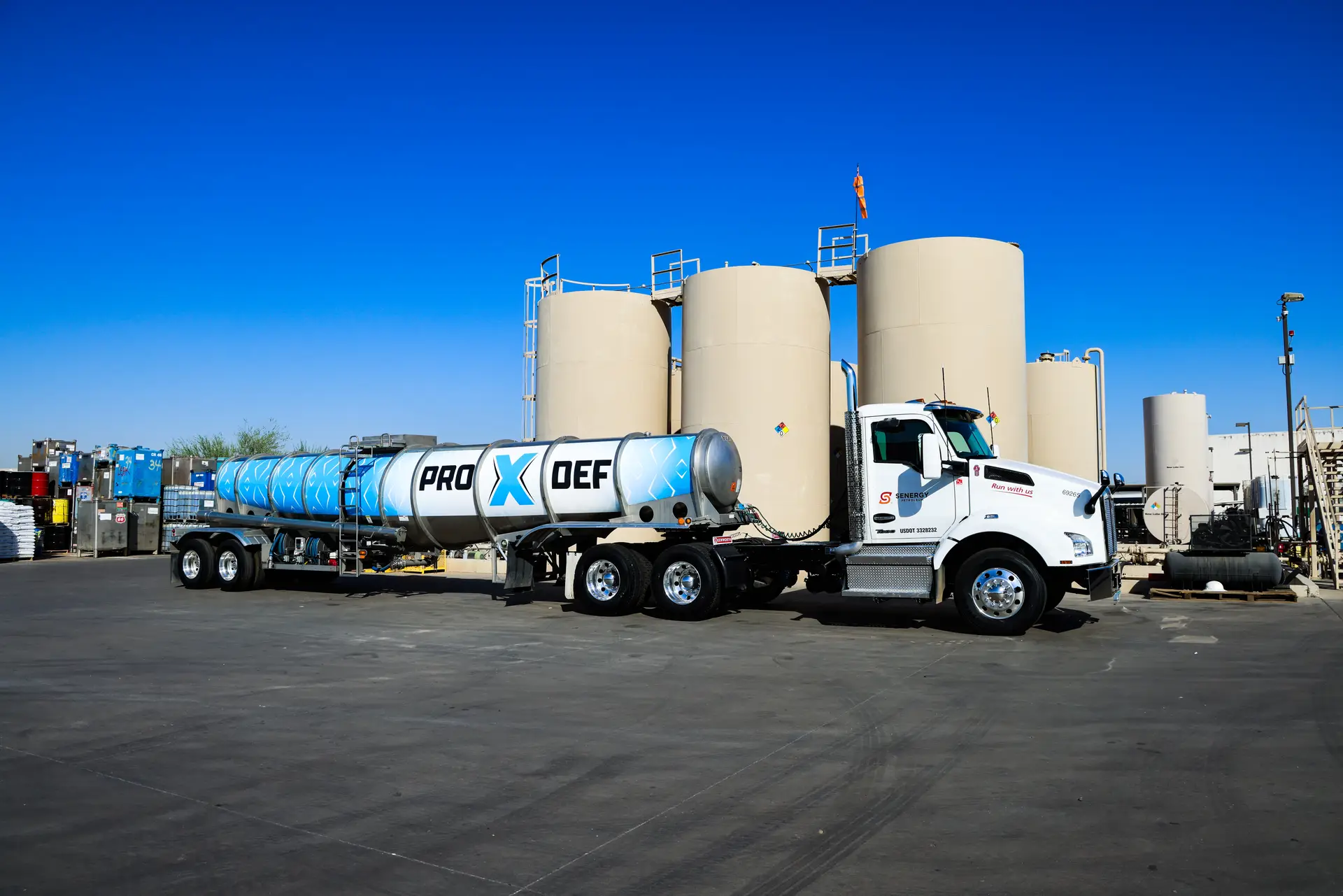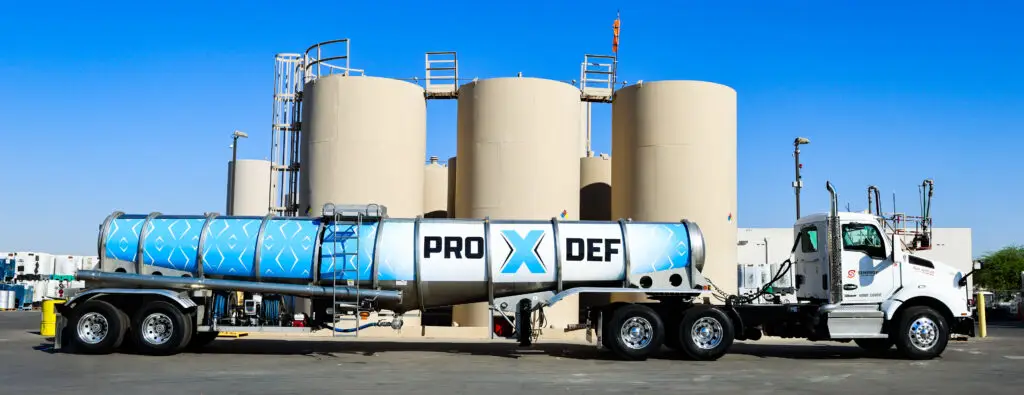Efficient DEF Storage Solutions for Businesses
Diesel Exhaust Fluid (DEF) is essential for businesses that rely on diesel-powered vehicles and equipment, as it helps reduce harmful emissions and supports a cleaner environment. However, proper storage of DEF is just as critical as its use. Improper storage can lead to contamination, degradation, and higher operating costs. Investing in the right DEF storage solutions is key to boosting efficiency and profitability. When DEF is stored correctly, businesses can avoid unnecessary expenses and maintain their fleet in peak condition. Understanding the various storage options and procedures ensures that businesses make informed choices. This article explores the best DEF storage solutions and offers insights on how businesses can maximize their benefits while staying compliant with regulatory requirements.

Knowing the Significance of Correct DEF Storage
DEF consists of 32.5% urea and 67.5% deionized water, making it highly sensitive to heat and prone to contamination. Exposure to extreme temperatures, whether heat or freezing, can degrade DEF, rendering it ineffective. Additionally, if contaminants enter the fluid, it can damage the Selective Catalytic Reduction (SCR) system in diesel engines, leading to costly repairs. Organizations must take precautions to ensure DEF is stored properly to avoid these risks.
The purity of DEF is the most critical factor in its storage. Even minor contamination renders the fluid ineffective, jeopardizing compliance with emission standards. Since DEF is essential for reducing nitrogen oxide emissions, improper storage can not only harm the environment but also result in regulatory fines. Inadequate storage practices also lead to higher maintenance costs and operational inefficiencies. To prevent these issues, businesses should invest in high-quality storage equipment, implement best practices, and train staff to handle DEF properly.
Selecting the Right Storage Equipment
Temperature is a critical factor in DEF storage. DEF freezes at 12°F (-11°C), so businesses in cold climates should consider heated or insulated storage tanks. However, prolonged exposure to high temperatures can reduce DEF’s shelf life. It is best stored in a dry, shaded area, away from direct sunlight.
Proper temperature control is essential to maintain DEF’s integrity. Freezing can damage tanks, leading to leaks and costly repairs, while excessive heat can degrade DEF, reducing its performance and increasing emissions. Temperature control systems, such as climate-controlled storage buildings, insulated covers, and temperature monitoring, are key to preserving DEF. Adequate ventilation is also necessary to prevent contamination. In extreme weather conditions, workers should take precautions to ensure DEF quality is not compromised.

Optimal Storage Conditions for DEF
Temperature is one of the most important factors in DEF storage. DEF freezes at 12°F (-11°C), so businesses in cold climates should consider heated or insulated storage tanks. However, constant exposure to high temperatures will shorten DEF’s shelf life. The proper storage temperature for DEF is between 23°F and 86°F (-5°C to 30°C). DEF should be kept in a dry, shaded area, away from direct sunlight.
Temperature control is essential to maintaining DEF’s integrity. Freezing can damage storage tanks, leading to leaks and costly repairs, while excessive heat can degrade DEF, reducing its performance and increasing emissions. To prevent these issues, businesses should use temperature control systems, such as climate-controlled storage buildings, insulated covers, and temperature monitoring systems. Proper ventilation is also necessary to avoid contamination. Workers in extreme weather conditions should take precautions to protect DEF quality.
Prevention of Contamination and Purity Issues
The biggest challenge with DEF handling is contamination. Even a small amount of dirt, fuel, or other contaminants can spoil its quality. To avoid this, storage containers and dispensing equipment should be regularly sanitized. Using specialized pumps and hoses designed for DEF minimizes exposure to contaminants. Purchasing DEF from high-quality suppliers ensures consistency, while regular testing helps detect impurities before the fluid is installed in vehicles. Prioritizing contamination prevention keeps businesses compliant with environmental regulations and protects their fleet.
Businesses must choose between bulk storage or drums based on their needs. Bulk storage is ideal for large fleets, as it reduces the cost per gallon of DEF and minimizes downtime from constant refilling. Small businesses can opt for drums or totes, which are more flexible without requiring significant investment.
Bulk storage offers advantages such as lower initial costs, improved refueling efficiency, and fewer logistical issues. It allows companies to buy DEF in bulk, resulting in long-term savings. However, bulk storage requires a higher upfront investment and more maintenance to maintain fluid quality. Small-scale storage, using totes and drums, is suitable for businesses with limited space or lower DEF usage. These options are portable and ideal for companies with varying usage patterns. When deciding on storage, businesses should consider their fleet size, usage, and budget.

Automated DEF Management Systems
DEF management can be optimized using automated systems that monitor levels, track usage, and prevent runouts. Many companies now rely on smart DEF storage systems with electronic monitoring, ensuring they never unexpectedly run out of fluid. These systems alert managers when levels are low, enabling timely refills and minimizing business disruptions.
Automated DEF management systems provide real-time reporting of fluid consumption, helping businesses maximize efficiency and reduce waste. Remote monitoring allows fleet managers to track DEF levels by location, ensuring supply chain efficiency. Automatic dispensing eliminates human error, ensuring accurate measurements and preventing contamination. Investing in computerized DEF management systems enables businesses to better manage inventory, reduce costs, and improve operational reliability, ultimately boosting fleet performance.
Run With Senergy for Efficient DEF Storage
Senergy offers end-to-end DEF storage solutions that are essential for diesel-powered fleets and equipment companies. With our advanced storage systems, businesses can prevent contamination, save costs, and stay compliant with regulations. By investing in quality storage equipment, ensuring optimal storage conditions, and implementing smart DEF management practices, organizations can streamline operations and boost long-term profitability. Following best practices today will lead to smoother DEF storage and operational efficiency tomorrow. Senergy also helps businesses stay ahead of the curve with the latest DEF storage technologies, ensuring that companies remain competitive in a rapidly evolving market.


